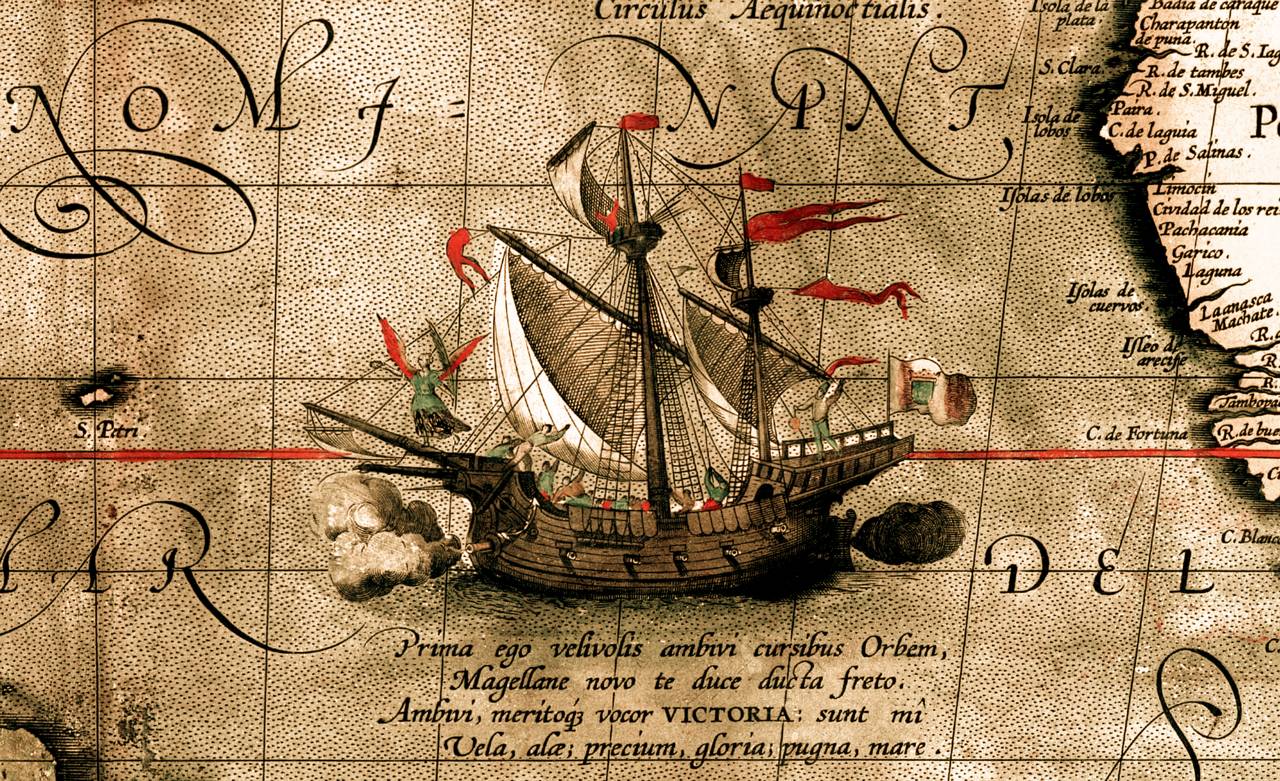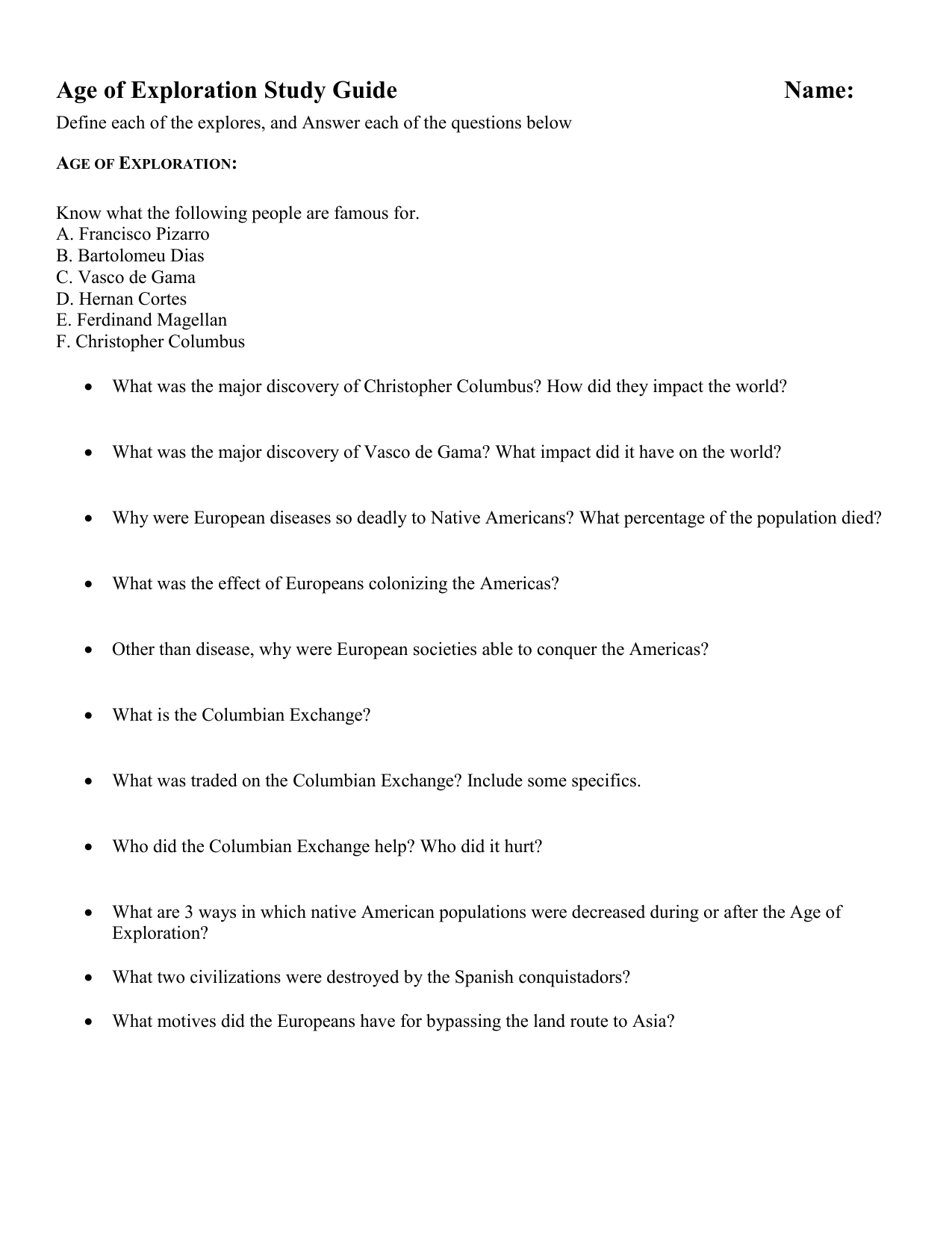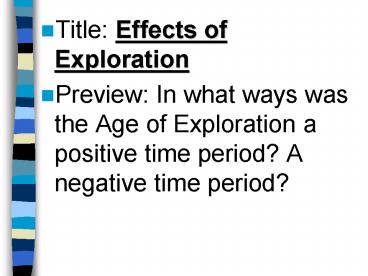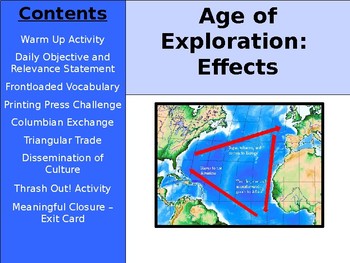The age of exploration, also known as the Age of Discovery, was a period in history between the 15th and 17th centuries when European powers began to actively explore and map the world beyond their known borders. This period marked a significant shift in European attitudes towards the rest of the world, as they sought to discover new lands, resources, and trade routes. The effects of the age of exploration were far-reaching and had a profound impact on the world as we know it today.
One of the most significant effects of the age of exploration was the expansion of European influence and colonization. As European powers began to explore and map the world, they also began to establish colonies in the lands they discovered. This led to the spread of European culture, religion, and language to these colonized regions. It also resulted in the exploitation of natural resources and the forced labor of indigenous peoples.
The age of exploration also had a significant impact on global trade. As European powers established colonies and trading posts in new lands, they were able to access a wider range of resources and products. This led to the development of global trade networks, as European powers traded with one another and with the colonized peoples they encountered. The age of exploration also saw the introduction of new crops, such as sugar, tobacco, and coffee, which became important commodities in global trade.
Another important effect of the age of exploration was the exchange of knowledge and ideas. As European powers encountered new cultures and civilizations, they brought back new ideas and technologies to Europe. This led to the exchange of scientific, medical, and artistic knowledge between the East and the West. The age of exploration also saw the development of new maps and geographical knowledge, as European powers sought to accurately map the world they were discovering.
The age of exploration had a significant impact on the environment as well. As European powers established colonies and began to extract resources, they often did so in a way that was unsustainable and had negative impacts on the local environment. The age of exploration also led to the introduction of new species to different parts of the world, as European powers brought plants, animals, and diseases with them to the lands they colonized. This had significant consequences for the ecosystems of these regions and led to the extinction of many native species.
Overall, the age of exploration had a profound impact on the world. It led to the expansion of European influence and colonization, the development of global trade networks, the exchange of knowledge and ideas, and had significant environmental consequences. While it brought about many positive changes, it also had negative effects on the colonized peoples and their cultures. The legacy of the age of exploration is still evident today, as the world continues to be shaped by the events of this period in history.







:max_bytes(150000):strip_icc()/GettyImages-52149332-5c4a2383c9e77c000160e390.jpg)

